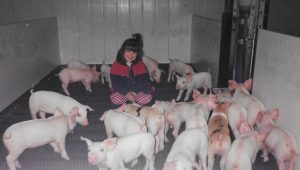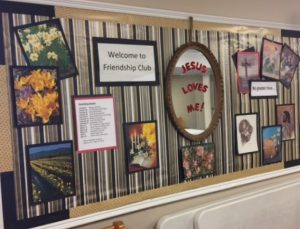
In an old comedy sketch, two people are in conversation:
“I just bought a farm.”
“That’s good.”
“No, that’s bad. Money was so tight, I had to rent out most of my land.”
“That’s bad.”
“No, that’s good. I was able to buy some cattle with the money.”
“That’s good.”
“No, that’s bad. They all jumped the fence and ran away.”
“Oh, that’s bad.”
“No, that’s good. When the neighbours all came out to help, I met my future wife.”
“Oh, that’s good.” . . .
You could continue on, of course, because the story doesn’t end until the life of the storyteller himself is done. Further events change our perspective because we live in a world of shifting shadows.
For much of my working career, I sat at my desk beside a monitor that followed the Chicago Board of Trade commodity prices. On occasion, we would put in a pricing for a farmer and be jubilant if the market ticked up to our desired price – only to find the commodities market opening ten cents a bushel higher the next day. The same action that looked good one day didn’t look so good the next.
Pastor Andy Stanley talks about this in a different way. When the Pharisees see a man carrying his mat on a Sabbath, they zero in on this perceived transgression – that’s bad! Even when they learn that he’s been healed after 38 years of paralysis, they do not have the compassion to appreciate this great miracle. They never got to “that’s good!”
We presume to judge on a picture that’s very small in scale, especially when we let legalism blind and limit us. In Jesus’ parable, the owner tells his employees that the wheat and the weeds just can’t be separated until the harvest time without causing harm to the crop. The human story continues with good and evil entwined, but some day that story will come to an end, and only God will know how to disentangle them. In the meantime, Jesus tells us to be careful about the measure we use to judge others, as we will be judged by those same standards.
But our Judge is also our Saviour. When we accept God’s grace, the story will end, someday, with God’s mercy.
“And that’s good!”
Originally published on The Junction blog site.




